Evaluation of psycho-socio-sanitary interventions in response to the COVID-19 pandemic and the earthquake in Albania
Title Psycho-socio-sanitary interventions in the COVID -19 emergency and post-earthquake in Albania
Location Lezha, Tirana e Thumane (Albania)
Duration 12 months
Poject leader Sanità di Frontiera
Funding Fondo Beneficenza Intesa San Paolo
Context
The project was set up as an immediate response to the earthquake that hit Albania in November 2019 to offer support to the affected populations. In March 2020, to the situation already characterized by widespread material and social vulnerability, the COVID-19 pandemic added up increasing difficulties. Thus, the population already affected by Post-Traumatic Stress Disorder had to deal with additional restrictions due to the COVID-19.
In the cities of Lezhe, Tirana and Thumane, the intervention focused on two groups of beneficiaries: on the one hand, children 0 – 5 years old and their families in situations of social and psychological vulnerability and, on the other hand, doctors, psychologists and socio-health workers trained throughout the project. In addition, the project promoted the creation of partnership agreements with local organizations and community centres active in the intervention areas.
General Objective
The overall aim of the project was to improve the psycho-socio-healthcare and th well-being of the population affected by the two events.
In order to prove the results of the initiative, Sanità di Frontiera involved ARCO to carry out the mid-term and final evaluations. The first one aimed at collecting the evidence produced during the implementation period, so to orientate the strategies in the remaining months. The final evaluation aimed at defining the project achievements at the end of the 12 months while assessing its relevance, coherence, effectiveness, efficiency, impact and sustainability.
Our contribution
The focus on psycho-socio-healthcare and well being made it necessary to design the evaluation methodology in such a way to capture the results and outcomes generated on the beneficiaries and main stakeholders , namely minors, parents, operators and local institutions. Therefore, the evaluation used participatory and qualitative methodologies and tools that actively involved beneficiaries through video calls (during the mid-term evaluation) and field visits (for the final evaluation). These were later combined with the desk analysis of the project documents and the quantitative analysis of the data collected by the partnership through the monitoring activities.
Read more on our M&E and Impact Evaluation Unit
Related Projects
-

Monitoring Information System for project WATDEV on water management and sustainable development in East Africa
-

Research on knowledge, attitude, social norms and practice on reproductive health rights and gender-based violence in Narok county, in Kenya
-

Evaluation of the project that promotes food security and climate resilience in Mozambique
-
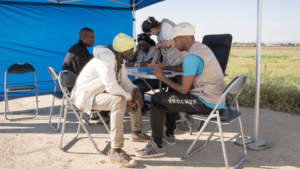
Evaluation of the project strengthening migrants’ right to health in Italy, Greece and Malta
-
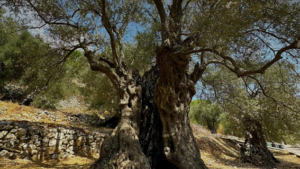
Final evaluation of the project that strengthens olive farmers’ resilience in Southern Lebanon
-
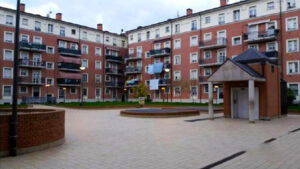
Social impact assessment of the Rapporti Corti project for socio-educational inclusion in the Navile district of Bologna
-

Evaluation of the Naseej project to stop gender-based violence in Iraq, Yemen, and Palestine
-
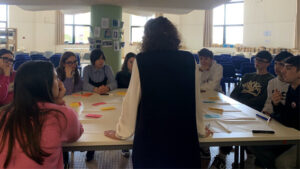
Evaluation of the project that promotes youth employment in Italy
-
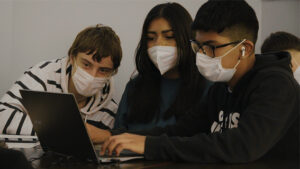
Final evaluation of the ‘5G Smart School’ project for innovative teaching in Italian schools
-
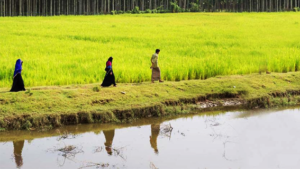
Evaluation of the project that fosters mainstreaming migration into international cooperation and development policies
-

Final evaluation of a project to contrast educational poverty in Albania
-
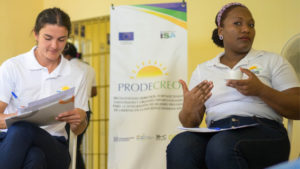
Evaluation of the project PRODECREO to promote the rights and socio-occupational reintegration of women deprived of their liberty in the Dominican Republic
-
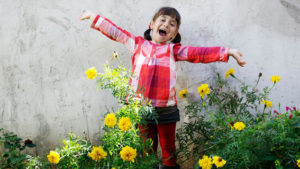
Final evaluation of the SOS Children’s Villages family strengthening project in Bosnia and Croatia
-

Evaluation of the project for the motor rehabilitation of oncological children in Turin
-
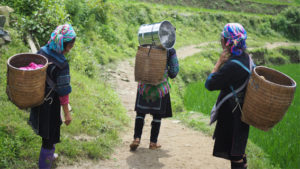
Evaluation of the project that aims to improve the health of the most vulnerable in Myanmar
-
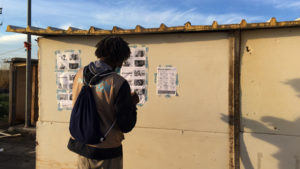
Final evaluation of the project that fosters proximity social-health services in the informal settlements of the Province of Foggia
-
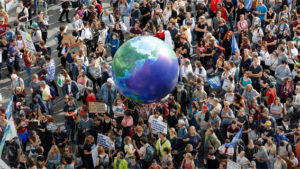
Food Wave, Monitoring the project that promotes sustainable food consumption among young Europeans
-

Spazio Donna, evaluation of the projects to foster women empowerment and contrast gender-based violence
-

Evaluation of the projects “M’Interesso di Te” that tackle unaccompanied foreign minors’ integration
-
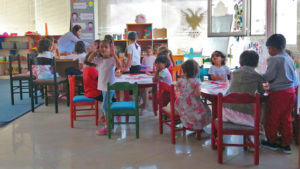
Evaluation of psycho-socio-sanitary interventions in response to the COVID-19 pandemic and the earthquake in Albania
-
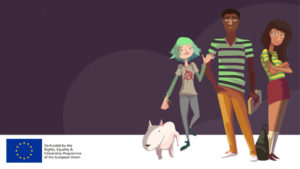
Final evaluation of the Youth For Love project to raise young people’s awareness of gender-based violence
-
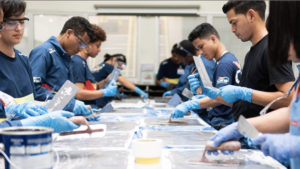
Multi-country mid-term evaluation of the YouthCan! programme, promoting the employability of vulnerable young people
-

Final evaluation of WEGO2 to support women economic empowerment contrasting intimate partner violence
-
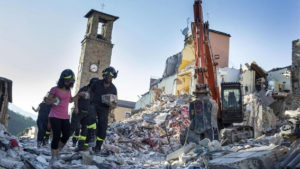
Action Research for the project Do.N.N.E against gender-based violence in Central Italy
-

Evaluation of the project “Mentors for Resilience” to contrast educational poverty
-
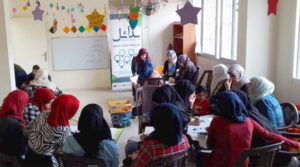
Outcome Harvesting of the project that aims to promote stability and social enterprise in Lebanon
-
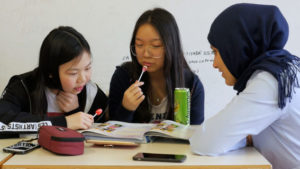
Annual evaluation and SROI of the programme “Nessuno Escluso” to contrast social exclusion and educational poverty in Tuscany
-
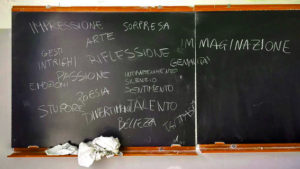
Evaluation of the project “Dreams and Needs” to contrast educational poverty in Italy
-
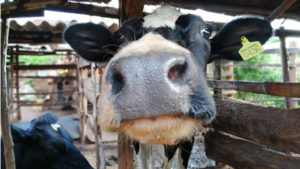
Mid-term evaluation of the project MilKy for the development of a sustainable dairy supply chain in Kenya
-

Final evaluation of Pe.R.Co.rrere: resilience of communities in Center Italy
-

Evaluation of the promotion campaign for Piave DOP cheese in Austria, Germany and Italy
-
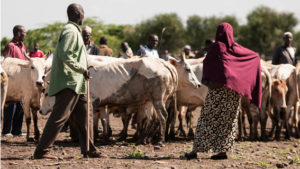
Mid-term & final evaluation of a project to strengthen resilience to climate shocks in Kenya
-
Evaluation of the promotion campaign for Italian specialities in Japan
-
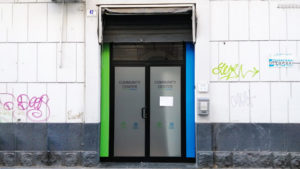
Community center, final evaluation of the social inclusion project
-
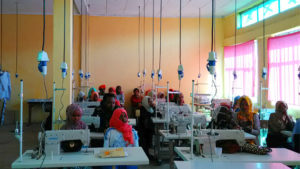
Mid-term evaluation of the project to contrast irregular migration in Ethiopia
-
Mid-term evaluation of the project for the conservation of Protected Areas in Albania
-

Social Impact Assessment of children’s protection programmes in Kyrgyzstan
-
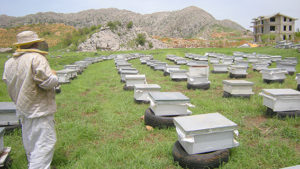
Monitoring&Evaluation of reintegration services for drug addicts and ex-addicts in Lebanon
-
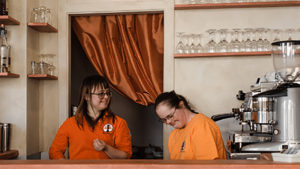
SROI Analysis, Albergo Etico social performance
-
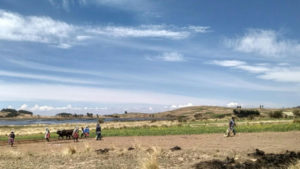
ECO.COM: strengthening local economic development in Bolivia
-

Improving the sustainability in the cherry supply chain in Bulgaria and Turkey
-
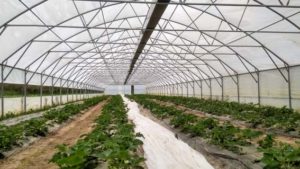
Evaluating sustainable agricultural supply chains in Bosnia Herzegovina and Albania
-
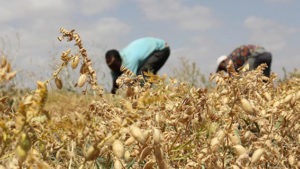
Impact evaluation of the creation of a durum wheat supply chain in Ethiopia
-
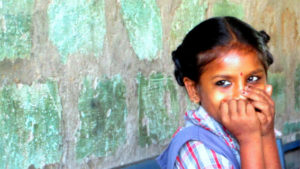
Impact evaluation of a Rehabilitation programme in India